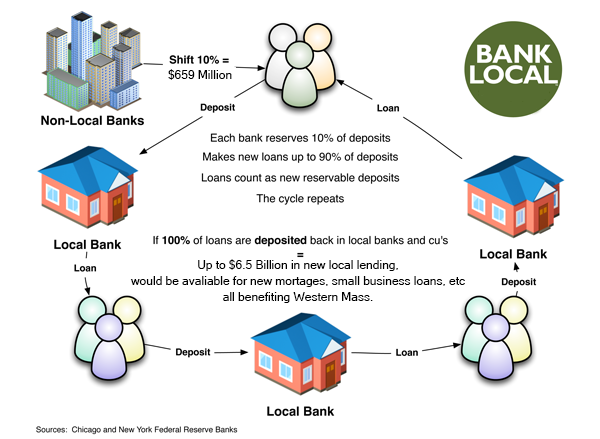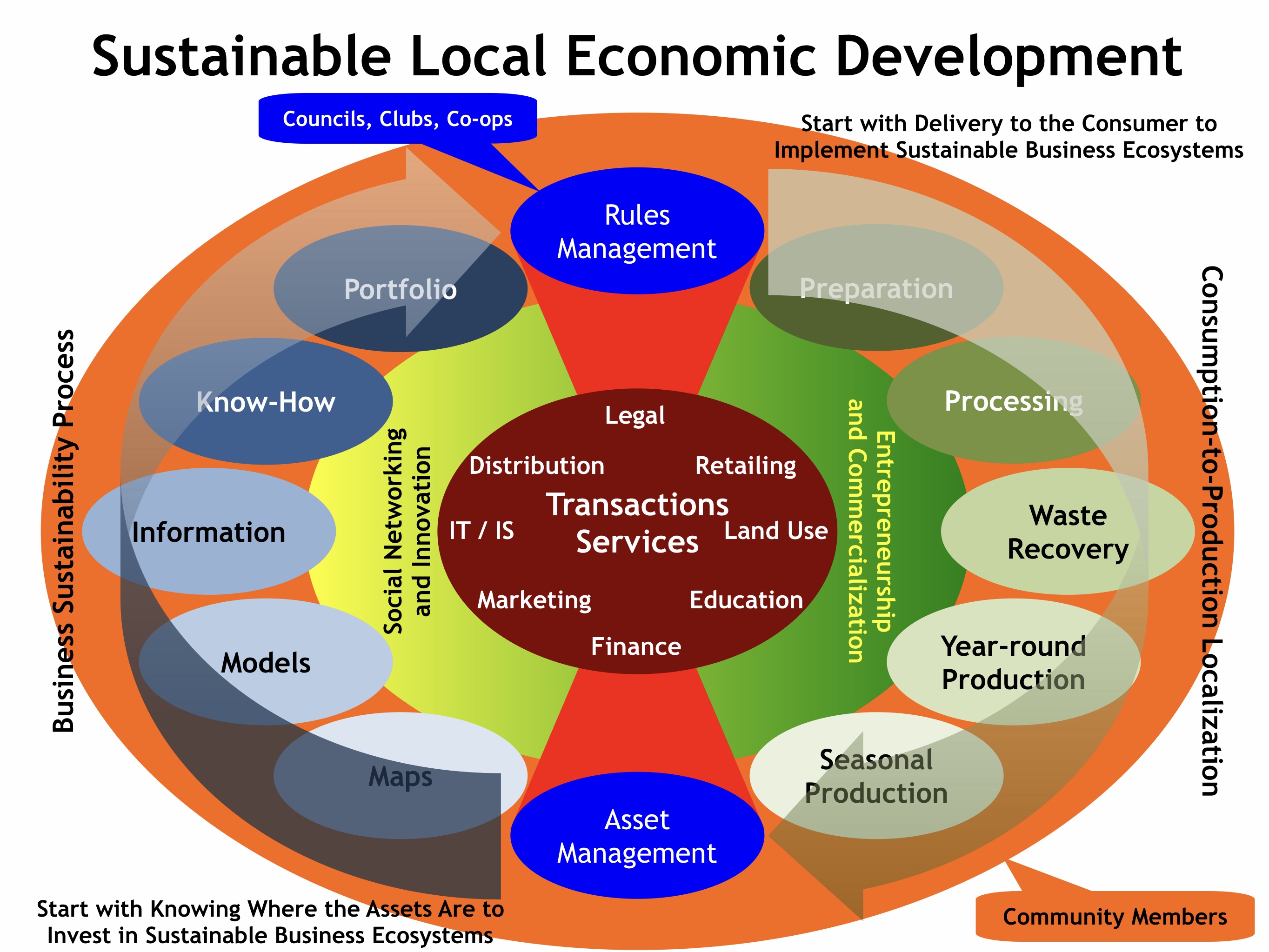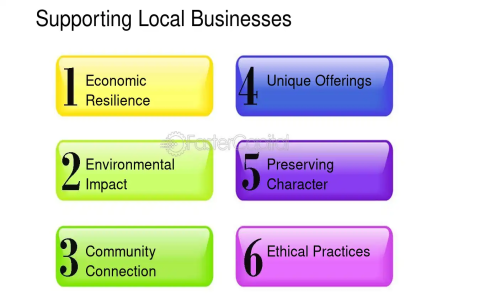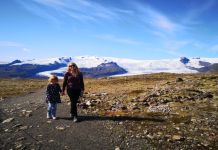Okay, so I’ve been digging into this whole “local economic sustainability” thing lately, and let me tell you, it’s been a journey! I started out pretty clueless, to be honest. I mean, I knew the general idea – supporting local businesses, keeping money in the community, that sort of stuff. But I wanted to actually do something, not just talk about it.

Getting My Feet Wet
First, I started by just observing. I walked around my neighborhood, really paying attention to the businesses there. I noticed a lot of empty storefronts, which was kind of depressing. I also saw a few new businesses popping up, which gave me some hope.
Then I started talking to people. I chatted with the owners of my local coffee shop, the bookstore down the street, even the guy who runs the farmers market. I asked them about their challenges, what they needed to thrive, and what they thought about the local economy.
Diving Deeper
Next, I decided to get more organized. I created a simple spreadsheet to track my spending. I listed out all my regular expenses – groceries, gas, entertainment, everything. Then I started looking for local alternatives for each category.
- Instead of going to the big chain grocery store, I started shopping at the local farmers market and a smaller, family-owned grocery store.
- Instead of buying coffee at a national chain, I switched to my local coffee shop.
- I looked for a barber in my zone, and I found one.
- I even found a local mechanic for my car, instead of going to the dealership.
It wasn’t always easy. Sometimes the local options were a little more expensive, or a little less convenient. But I tried to focus on the bigger picture – supporting my community and building a more sustainable local economy.
Seeing Results (and Challenges)
After a few months, I started to see some real results. I felt more connected to my community. I got to know the business owners by name. And I felt good about knowing that my money was staying local, instead of going to some giant corporation.

But it’s not all sunshine and roses. I also realized that there are some serious challenges. Many local businesses are struggling to compete with online retailers and big box stores. And it’s hard to get people to change their habits, even when they know it’s for the best.
So, it’s an ongoing process. I’m still learning, still experimenting, and still trying to figure out how to make a difference. But I’m committed to this. I believe that supporting our local economies is crucial for building stronger, more resilient communities. And I’m going to keep doing my part, one small step at a time.










